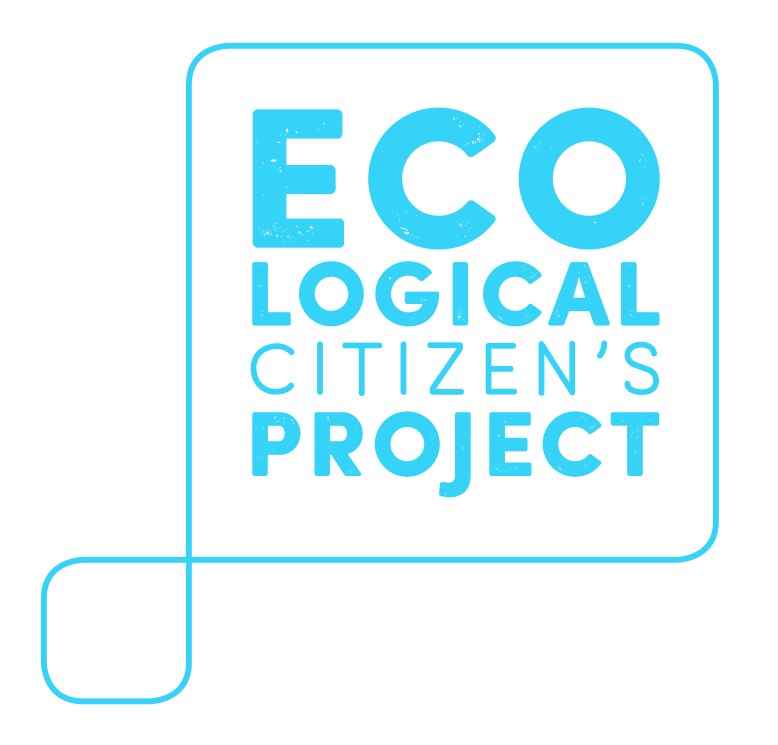2020 Philipstown Carbon Inventory Report
The Town of Philipstown has adopted the Climate Smart Community (CSC) pledge. Thanks to the hard work of local residents and government officials, Philipstown has joined over 200 communities in New York State to build a more resilient, low-emission future.
Philipstown - the first community in Putnam County to take the CSC pledge - has hired a CSC Coordinator and assembled a CSC task force. The Ecological Citizen's Project will help support the task force's work by providing financial and advisory support in conducting an inventory of the Town's greenhouse gas (GHG) emissions and carbon-sequestering potential.
Measuring GHG emissions is not always a straight-forward task. Using several metrics from the regional Mid-Hudson Regional Greenhouse Gas Emissions Inventory Report published in 2012, the ECP will advise Philipstown's task force on how to reach beyond the standardized estimates to include innovative metrics that might help inspire real, impactful change in our community. Let's move beyond household heating and gas-fueled car driving to include land conservation; building organic matter in soil; consumption of locally-grown, responsibly-raised foods; encouraging a local economy; reducing web-based purchases; and other innovative, plausible actions to reduce overall GHG emissions and move toward ecological citizenship and a more resilient community. In the summer of 2019, we launched the Philipstown Community Survey to measure our town’s “carbon footprint.” By completing this survey, Philipstown residents are helping us estimate our GHG emissions using consumption as a key indicator of our emissions.
While most GHG inventories report only emissions, we want to “balance the budget” and be sure to capture the carbon storing and sequestering capability of the land in Philipstown. By mapping different land uses (e.g., forest, wetland, agriculture, open water) and applying a “carbon multiplier” (i.e., a value that helps us estimate how much carbon can be stored and/or sequestered by living and decomposing plant matter in our biosphere and soils), we are creating an estimate of how much Philipstown provides in carbon offsets. This will help individuals make decisions about their lawn and garden maintenance and town planners/developers, land conservationists and municipal governments make decisions about how to develop or protect their land.
A report on land mapping and survey findings will be released in the winter of 2020.


